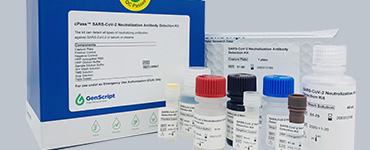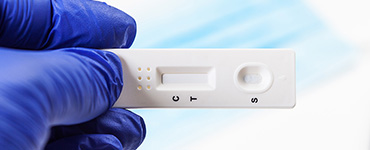Did you know endothelial cilia may be a powerful biomarker?
Cilia are microtubule-based organelles found in most cells in the body. Endothelial cilia are a known blood flow sensor and studies have identified that upon high shear stress, endothelial cilia get dismantled, a process called deciliation. On deciliation, proteins found inside a microtubule-based organelle called cilia are released into the blood. When these proteins from inside the cilium are spilled into blood, they stick to cells in blood, which can be detected by flow and immunoassays. These ciliary proteins can be observed in conditions where the underlying vasculature is weakened due to disturbed flow, showing promise for sickle cell anemia, traumatic brain injury, and Alzheimer’s Disease.
Learn about:
- The role of endothelial cilia as blood flow sensors and how the process of deciliation leads to the release of ciliary proteins into the bloodstream
- The development of assays, such as flow and immunoassays, for detecting ciliary proteins in human blood and other body fluids
- How the measurement of ciliary proteins can help predict short-term and long-term patient outcomes

Ramani Ramchandran, PhD
Professor, Medical College of Wisconsin
President and Founder, CIAN, Inc
2024 GenScript LSG Awardee
























































